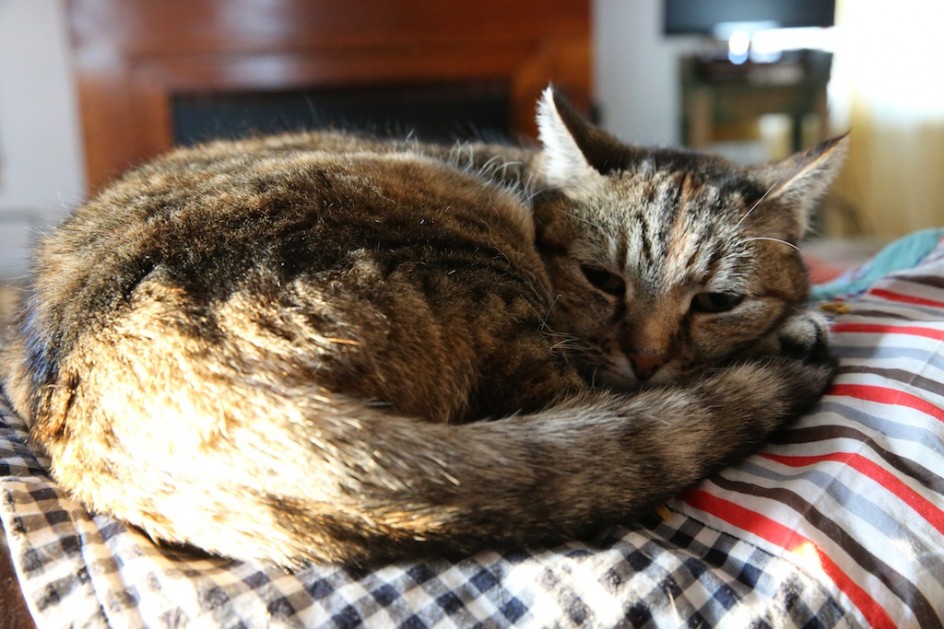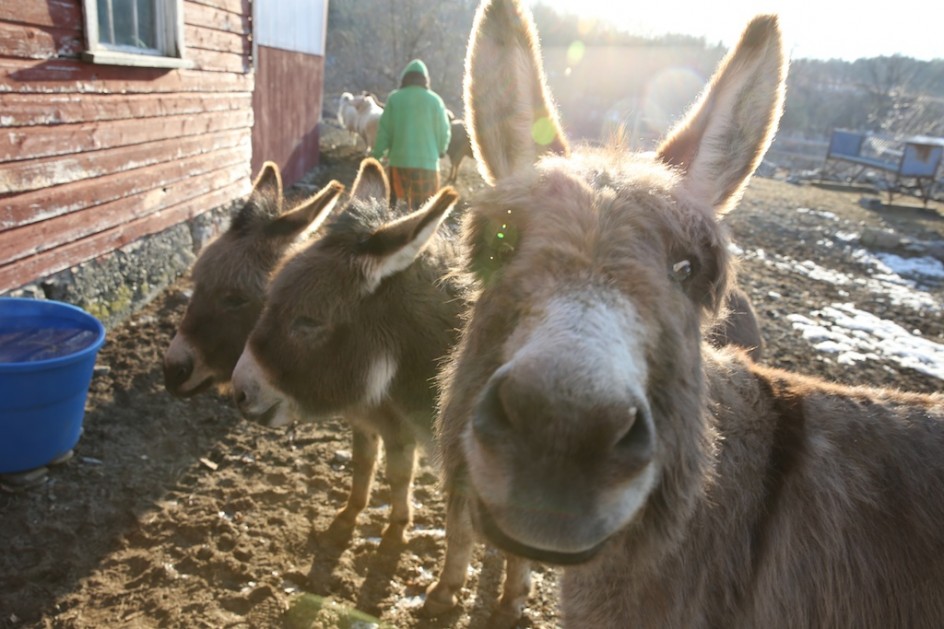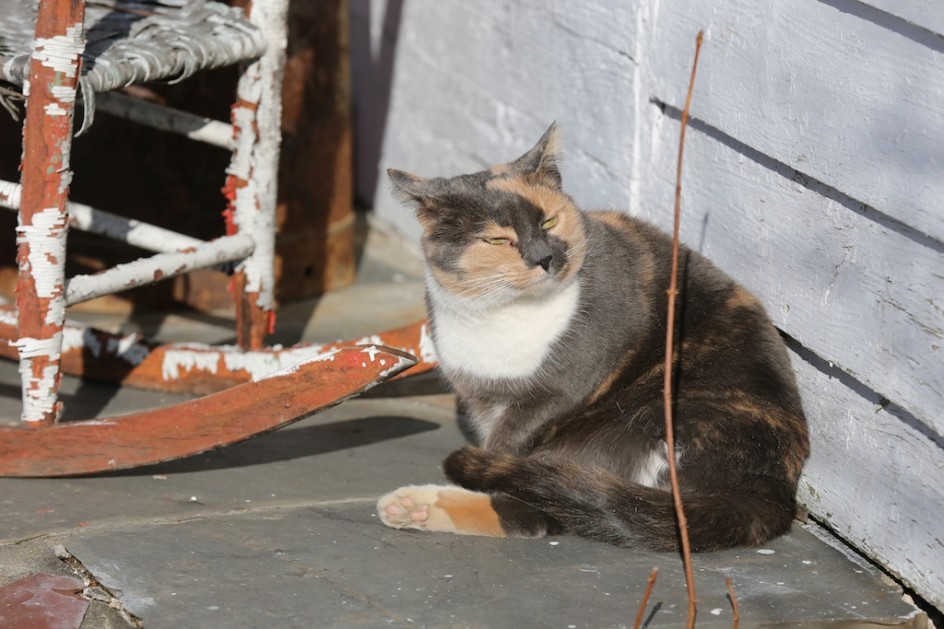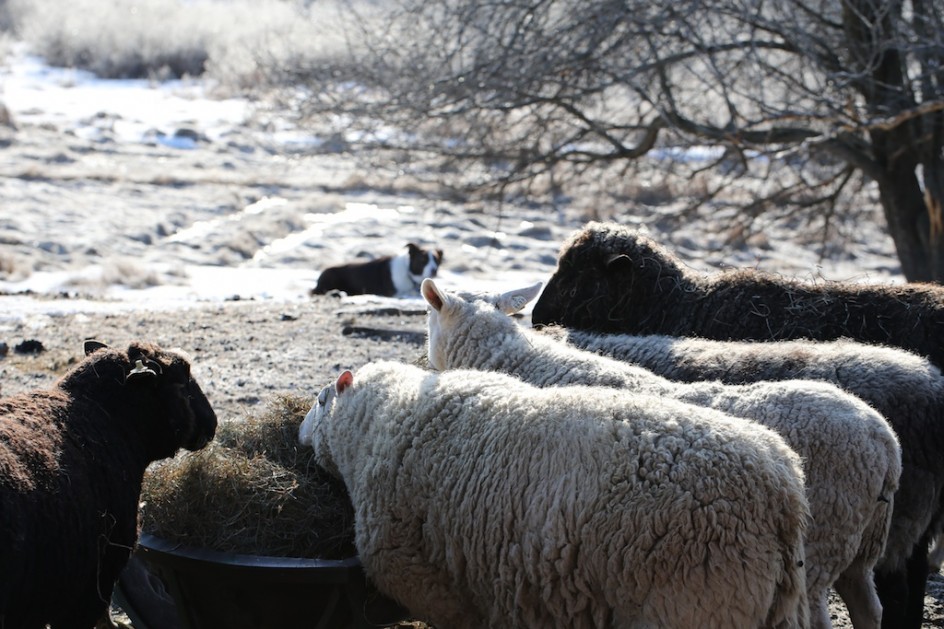
Today was a record day for my being called names on Facebook. Within two hours, I was called a liar, a whore, a “shit,” an anti-semite, greedy, stupid and venal, and oh yes, a phony. I was accused of hating Jews, of exploiting the carriage park horses to revive my flagging career, and of seeking to benefit from their troubles to make money. And that was from the people who agreed with me and love the carriage horses!
I couldn’t even repeat what the people trying to ban the horses have said to me (and about me.) After lunch, I went out to Scott Carrino’s sugar house and had a drink (a toddy), and I said I think I had been called more names in one day than in a number of years. Scott went white – he is very nice and is disturbed by anger and hostility. How are you, he asked? I am good, I said, like John Updike wrote, if you are a writer and are not being attacked, you are just not alive.
The carriage horse drama is a difficult, sometimes ugly thing, and some people on both sides seem equally angry, sometimes so much so they are not even clear about what they are angry about, the subject is radioactive. I expected when I started writing about this that there would be some angry people yelling at me, I am not surprised. I have been writing on the Internet for nearly three decades, and have sadly come to understand hostility as being one of the unintended horrors of this form of communicating, it is just so easy to be hostile there, people are not accountable for their words.
I generally don’t argue my beliefs online, that is a sinkhole if ever there was one, but I couldn’t resist a couple of the barrages, sometimes I think it is fun to poke the bear a bit. I am usually wrong about that, but I did have fun putting up a photo of Red and Zelda on one site where someone was shrieking at me with capital letters and many exclamation points (when words are not angry enough), and it did quiet things down a bit, I think she was just shocked. On balance, I think it is cruel to provoke angry people, it just feeds the broken parts of them and accomplishes little else. This was new, though, in my six decades of living, no one has called me an anti-semite, that is a tough charge to make stick with me, a Jewish boy from Providence turned Quaker.
The accusation came because I referred to the slaughter of horses as a “holocaust” for them, and I wrote that some corporate farms were concentration camps for animals. Sadly, holocausts are not defined by one people or limited to them, there are many kinds throughout history, even today, and surely many animals – 155,000 horses were slaughtered in the last year alone – have experienced theirs. Several people accused me of seeking to exploit the carriage horses for profit and fame, and that would be good news, I hope they are right. I am curious to see how defending these horses will translate into riches, it’s not looking good so far. I doubt my e-book will do it, as that will only cost a couple of dollars.
Liam Neeson must have been looking over his shoulder at my sudden rise to fame, but I suspect he is safe for now, the big bucks and movie deals have not yet appeared.
The truth about being a public person in America is that almost everything you write offends, upsets or angers someone, this is the toll, the price to pay for thinking freely for a living. It is just the way it is, the way it has always been, especially since the Internet. It used to take some thought and time to be hostile, now it takes a micro-second and requires no thought at all.
But I never regret being a writer, I love my blog and I cannot count the thousands of messages thanking me for writing about the horses, it is important that I mention those good people. Writing is a good thing for me to do, what I have always wanted to do, and the carriage horse story has stirred my heart, I think is important and I very much love writing about it and am drawn to it. I will follow it to the end, it speaks to me in so many ways.
I get little hostility compared to many, I honestly don’t know how the carriage horse people have survived with their psyches intact the last few years. It takes a strong person to deal with that every day. I think the Irish are strong people.
As Scott and I sipped our toddies in his sugar house, I could see this gentle man was still disturbed that his friend was being called names, he didn’t quite believe that it didn’t bother me. He said that would bother him a great deal. He asked me how I manage dealing with so much hostility, and I said, no, I don’t want to give the wrong impression, mostly what I deal with is thought, love, support and connection, writing is my dream and my passion, I will never speak poorly of it.Sure, it bothers me sometimes, but not for long, and not very deep.
We must never forget, I said, that the angry people of the Internet are very few, the good and interesting people are legion. It’s like winter and spring, light and dark, that is the nature of life, the crisis and mystery, the sunlight after the storm. Without both, the yin and the yang, neither would have any real meaning.
I love my life and am grateful for it. Tomorrow morning, I will meditate with Flo and Maria. It’s curious, but few people call me names on Fridays and weekends for some reason, I think they are too busy preparing for the weekend. I hope they have some fun. Or perhaps they are just worn out.




